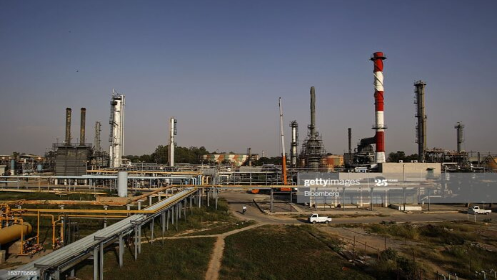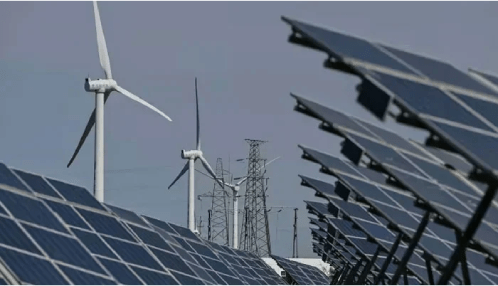Sales tax issue on crude and refined products blocks progress on high-investment refinery expansion
KARACHI: Attock Refinery Limited (ATRL) has delayed the execution of its multi-million-dollar refinery upgrade project, aimed at increasing the production of premium products like petrol and diesel, due to unresolved tax-related issues. The project, which is designed to reduce the production of outdated furnace oil and ensure compliance with Euro-V fuel standards, now hinges on resolving sales tax adjustments related to crude oil purchases and refined product sales.
During a corporate briefing on Friday, Senior Analyst Sunny Kumar of Topline Securities highlighted that the refinery’s management cited the sales tax issue as the primary reason for the delay in finalizing upgrade agreements. Before the FY25 budget, petroleum products such as petrol, high-speed diesel, and kerosene were zero-rated for sales tax purposes. However, under the new budget, these products have been reclassified as exempt, which has blocked refineries from claiming input sales tax adjustments on their purchases.
ATRL’s management remains optimistic that the issue will be resolved, and the upgrade project will proceed. According to Kumar, the project aims to boost premium motor gasoline (PMG) production by 25%, aligning with stricter fuel quality regulations. “This upgrade will enable ATRL to meet Euro-V specifications and significantly enhance production efficiency,” Kumar noted.
The refinery sector, including ATRL, has raised the issue with the Special Investment Facility Council (SIFC), which has set a November 12, 2024, deadline for resolution. Refinery officials expressed confidence that the sales tax issue would be settled, paving the way for signing the project agreement.
Additionally, ATRL’s management announced that the total cost of the upgrade will likely be lower than initially estimated, as interest rates on financing have dropped from 18% to 15%. The project will be financed with 30% equity and 70% debt. As of September 2024, ATRL reported cash reserves of Rs 80 billion, and the company noted that there are no restrictions on dividend payouts.
Amid the tax dispute, ATRL’s gross refining margins (GRMs) have taken a hit, falling to $9 per barrel in the first quarter of FY25, down from $14 per barrel in FY24 and $18 per barrel in FY23. However, refining margins can fluctuate significantly, with historical GRMs ranging from as low as $1 per barrel to as high as $18.
In terms of crude oil management, ATRL continues to handle heavy crude and has set a target to export 100,000 tonnes of furnace oil in FY25, up from 80,000 tonnes last year. This export initiative is aimed at generating foreign exchange to help finance the refinery’s upgrade costs.
The company also supports the deregulation of petroleum prices but stresses the need for prioritizing local refinery volumes over imports. In a deregulated market, the absence of the Inland Freight Equalisation Margin (IFEM) would benefit ATRL, given its strategic location.
However, the Finance Act 2024 has negatively impacted the refinery sector by restricting the ability to offset input taxes paid on crude oil purchases with sales tax on refined products. This has led to increased refining costs, making it more difficult for refineries like ATRL to finance their much-needed upgrades. Along with other members of the oil industry, ATRL is actively engaging with the government and the Federal Board of Revenue (FBR) to resolve the issue and restore tax adjustments for petroleum products.
In response to the ongoing tax challenges, refineries, including Pakistan Refinery Limited (PRL), have approached the SIFC, which has instructed the Petroleum Division to address the issue by the November 12 deadline. If the issue is not resolved by then, it could further delay refinery upgrades and increase the financial burden on the industry.







